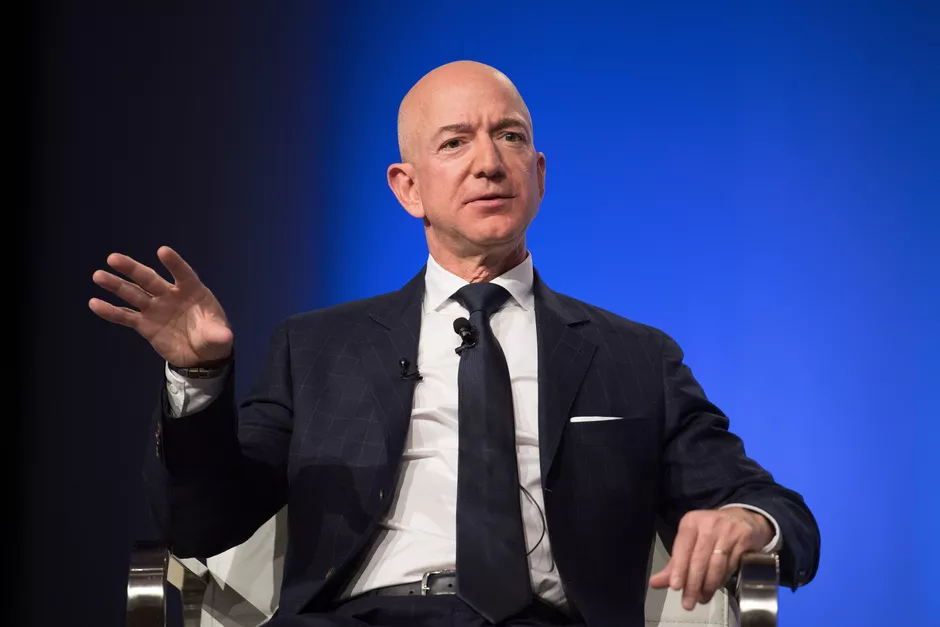
In May, a vice president of Amazon’s cloud computing division, a five-year veteran of the company who had earned its “distinguished engineer” honor, quit over its treatment of workers and firing of employees who spoke out, calling Amazon’s actions “chickens—.”
Since then, Tim Bray has become an even more outspoken Amazon critic, arguing in blog posts, meetings with employees trying to unionize, and media interviews that the company has become too powerful and should be split up.
In an interview with The New York Times published on Wednesday, Bray took aim at the entire tech industry, calling it “a leading candidate for what could be broken up” by antitrust regulators.
“I am not in some radical fringe because I think the wealth and power in the 21st century is overly concentrated,” Bray told The Times, referencing the growing chorus of voices who say that Amazon and other tech companies — which dominate the stock market and whose executives are increasingly among the world’s wealthiest individuals — should be reined in as to how they wield their market power and held more accountable for how they treat workers.

At the request of lawmakers, CEO Jeff Bezos will testify in an antitrust hearing next week where Amazon is facing scrutiny over how it uses the data it collects from outside sellers on its site. Sellers have long complained that the company uses its massive trove of data to develop competing products and push them out of the market. Amazon has denied this, but reporting in April from The Wall Street Journal challenged that assertion.
Amazon has also come under fire for years over working conditions for warehouse and delivery workers, criticism that has escalated during the pandemic and led workers to repeatedly speak out, despite several being fired following their activism.
Amazon has defended conditions at warehouses and its COVID-19 response, saying it has invested billions in coronavirus-related expenses. It has also told Business Insider in the past that its supports “every employee’s right to criticize their employer’s working conditions, but that does not come with blanket immunity against any and all internal policies.”
However, Amazon is far from the source of the problem, according to Bray, who told Canada’s National Observer in June that the company is a “symptom” of “a deep societal problem with an unacceptable imbalance of power and wealth that has been building steadily since the 1970s” and labor law that “allows warehouse workers to be treated poorly.”








